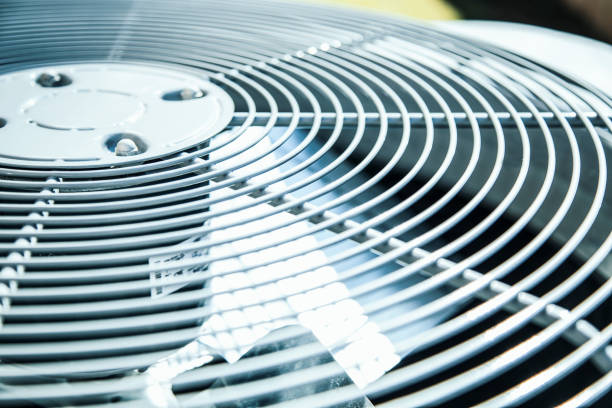During regular operation, it is normal for your HVAC equipment to make some noise. However, if you’re hearing strange noises that are out of the ordinary coming from your HVAC system, it’s important to take note. There are several noises that could indicate an issue with your system. Keep reading to learn more about strange HVAC noises.
Buzzing

Diagnosing odd buzzing sounds coming from your HVAC unit can be a challenging task, as a variety of issues can cause the buzzing sound. It is important to identify the exact source of the noise in order to diagnose and address the problem properly. In some cases, the buzzing sound can be caused by a loose or worn part, such as a fan belt or motor. This can be easily identified by inspecting the unit.
In other cases, the buzzing sound could be caused by an electrical issue, such as a loose wire or a malfunctioning circuit breaker. This can be more difficult to diagnose, as it requires further investigation and testing. If the issue is more serious, it could be indicative of larger problems, such as a failing compressor or condenser. These kinds of problems will need to be addressed by a professional HVAC technician. Regardless of the cause, it is important to identify the source of the buzzing noise in order to properly address the issue and keep your HVAC system in proper working condition.
Screeching
Screeching coming from HVAC equipment can be a very annoying and disruptive experience. It is important to address and diagnose the issue quickly in order to prevent further damage to the system and preserve the comfort of the home. The first step in diagnosing a screeching noise coming from HVAC equipment is to determine the source of the sound. The sound could be coming from the air handler, blower motor, furnace, or condenser unit.
If the sound is coming from the air handler, it could be due to a bad bearing or a belt that needs replacement. If the sound is coming from the blower motor, it could be due to a bad bearing, worn-out belts, or a loose fan blade. If the sound is coming from the furnace, it could be due to a worn-out fan motor or worn-out bearings. Finally, a high-pitched whistling or screeching could also indicate that the unit’s compressor has a dangerously high HVAC refrigerant pressure. This is an issue that should be addressed by a professional as soon as possible.
Rattling

Rattling is one of the most common sounds associated with HVAC units. While it can be an annoying sound, it is important to know the cause of the rattling in order to determine if it is something that needs to be addressed. In most cases, a rattling sound is caused by a loose or damaged component, such as a fan blade, compressor fan, or condenser coil. If the noise is severe, it is recommended to contact a qualified technician to inspect the unit and determine the source of the rattling.
The technician will be able to identify the source of the rattling and recommend a repair solution. They may also suggest preventive maintenance measures to reduce the likelihood of rattling in the future. For example, they may recommend that you lubricate the fan blades, compressor fan, and condenser coil on a regular basis to keep them in good working order.
Banging
If you hear a banging noise coming from your HVAC unit, it could be an indication of trouble with the compressor. This sound usually suggests that either the compressor is having difficulty starting up or there may be an issue, such as a loose bearing in its motor. Additionally, fan blades hitting something or any parts being loose within the blower assembly might also cause this type of sound. If your air filter is dirty and clogged, it could also lead to excessive vibration by the fan motor, as the HVAC could be working harder. It’s important to check and change your filters at least every 90 days. Additionally, clean air filters can help improve your indoor air quality.
Diagnosing odd sounds from your HVAC unit is important in order to prevent any potential damage to the unit and to ensure that it is functioning properly. Remedying the problem behind many of these sounds is essential to maintaining the health and efficiency of your heating and cooling system.
















Add Your Comment